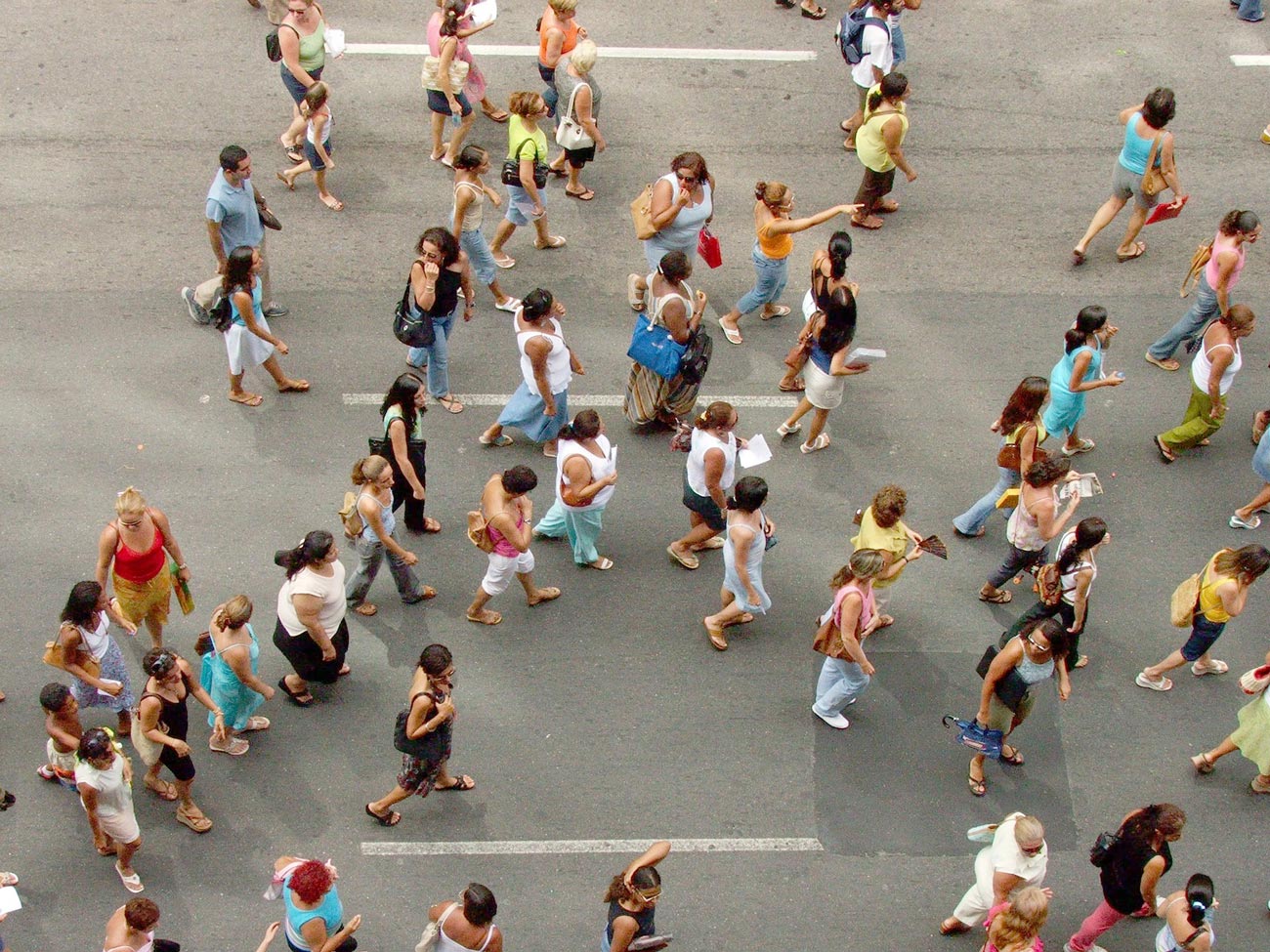Human Rights Day was founded in 1948 to celebrate the United Nations’ adoption of the Universal Declaration of Human Rights (UDHR). This document cemented the participating countries’ values toward equality for all people, regardless of difference.
An integral part of human rights is the physical and mental well-being of all people, which can be affected by different aspects of society and government. As an individual, there are many actions you can take to learn more about human rights and make a difference for people in your community.
Learning more and making a difference
- Read news and books from a variety of sources. – One thing that is difficult to understand across differences, such as race, religion, age, gender, and more, is the other person’s experience or point of view. Reading only one perspective about potential human rights abuses can narrow what you understand about another person’s experience. Before casting judgment, consider that you may not know all the facts about a person who is different from you.
- Get involved in local, national, or international movements to fight human rights abuses. From Black Lives Matter to Amnesty International, there are plenty of organizations and movements that have formal or informal networks directly supporting oppressed people. It can be as small of a gesture as sending donations or as big as spending your time and effort to volunteer.
- Understand the way mental health connects to human rights. Mental health is just as important as physical health, which is a tenant of the UDHR. For example, poor mental health plays a role in physical health problems. Our systems are interconnected, but the ways in which human rights abuses are addressed or prevented do not always reflect this reliance. When one group suffers so another can succeed, there will be negative consequences, big or small. One example of this is the reported psychological terror Black Americans experience knowing the rate of people killed by the U.S. police disproportionately affects them more than others.
While Human Rights Day happens once a year to commemorate a historic moment, the best way to engage with promoting human rights is by advocating as often as you can. Making donations, volunteering, and spending time learning about human rights and how to get involved are all positive steps to make a change.
Remember, your own mental health is your human right, and protecting it is important. Taking steps to seek help managing your mental health can be your own personal contribution to upholding human rights.






